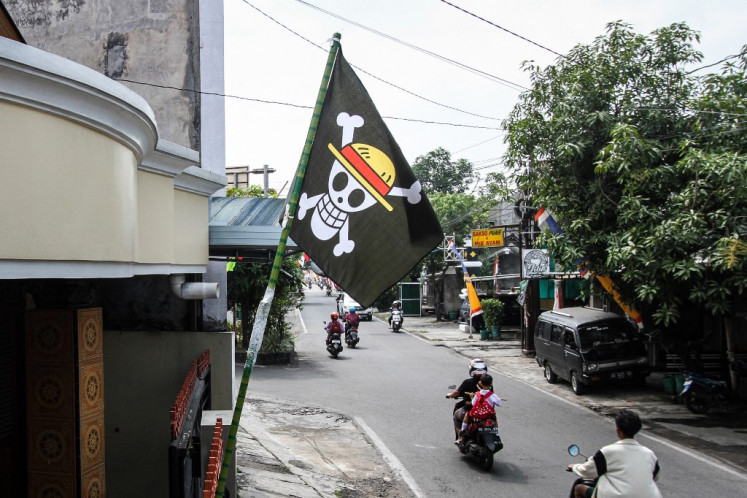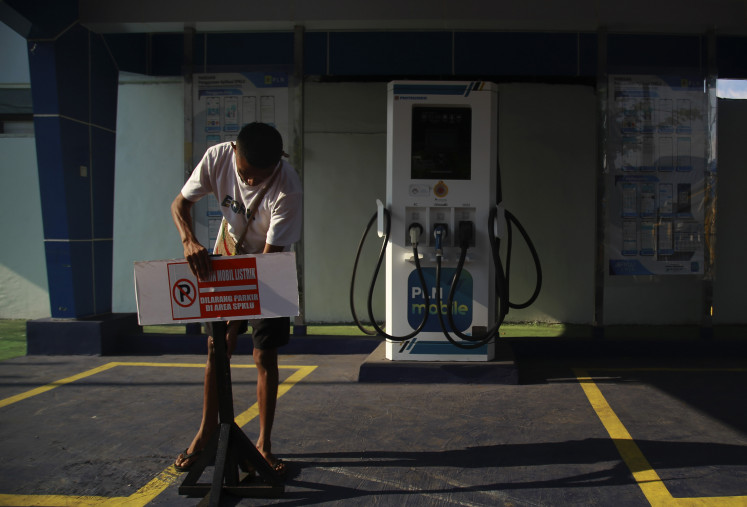Popular Reads
Top Results
Can't find what you're looking for?
View all search resultsPopular Reads
Top Results
Can't find what you're looking for?
View all search resultsKupang to distribute 20,000 condoms to high-risk women
The Kupang branch of the AIDS Commission (KPA) will distribute 20,000 condoms to commercial sex workers and other high-risk women for free as part of its fight against the spread of the deadly disease in the region
Change text size
Gift Premium Articles
to Anyone
T
he Kupang branch of the AIDS Commission (KPA) will distribute 20,000 condoms to commercial sex workers and other high-risk women for free as part of its fight against the spread of the deadly disease in the region.
“We received 20,000 condoms from KPA headquarters this year and will distribute them for free to people who are at risk of contracting HIV/AIDS,” Kupang KPA secretary Bastian Benufinit said in Kupang, East Nusa Tenggara (NTT), on Tuesday.
He said other high-risk groups in the municipality could also receive the condoms at the commission secretariat.
Bastian added that the number of HIV/AIDS cases in the region was increasing.
“We recorded 271 new cases of HIV/AIDS infections in Kupang, with 41 of the patients dying,” he said, adding that most of the patients were men of productive ages followed by housewives and children under the age of five.
Bastian said a survey showed that “most” of the people who used the services of sex workers were teenagers.
“This is a cause for concern. The distribution of the condoms among vulnerable women will hopefully help control the spread of HIV/AIDS among their teenage customers,” he said.
A recent survey showed that adolescents between the ages of 13 and 14 accounted for 30 percent of commercial sex workers’ customers.
The secretary of the NTT branch of the KPA, Husein Pancratius, said other programs to help control the spread of HIV/AIDS in the province included distributing sterile intravenous needles to drug users.
“Sharing needles is one of the main sources of HIV/AIDS infections in Indonesia,” he said in Kupang.
Husein added that sterile needles would be distributed through community health centers in Kupang, Sikka regency and Belu regency. So far, the commission has identified 114 intravenous drug users in the province: 86 in Kupang, 14 in Belu and 14 in Sikka. “There are others but we have not identified them,” he said.
Most intravenous drug users in NTT, Husein said, were high school and university students.
They are considered a high-risk group because one needle is usually shared by between five to 10 people.
“Distributing sterile needles will help reduce the spread of HIV/AIDS among teenagers and youths,” he said.










